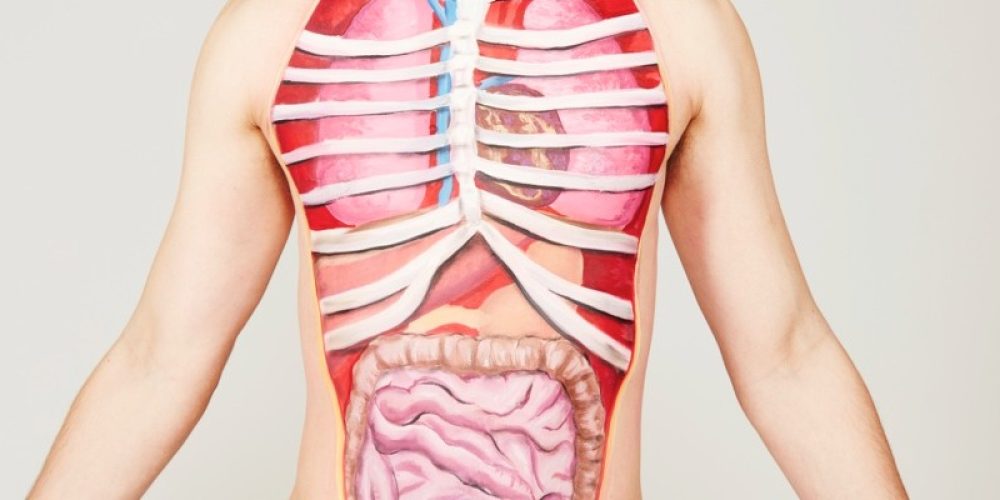Top 10: What are the heaviest organs in the human body?
Source: BBC Science Focus
Just how much of your body mass is made up by your vital organs? Find out what the
heaviest organs in the human body are, and what they do, here.
1. Skin

Average weight: 4,535g
Function: Protects against pathogens; provides insulation; synthesizes vitamin D; regulates temperature; provides sensation
2. Liver

Average weight: 1,560g
Function: Breaks down toxins; produces hormones, proteins and digestive biochemicals; regulates glycogen storage
3. Brain

Average weight: 1,500g
Function: Drives executive functions such as reasoning; coordinates responses to changes in environment
4. Lungs

Average weight: 1,300g
Function: Supplies oxygen to be distributed around the body; expels carbon dioxide that is created around the body
5. Heart

Average weight: 300g
Function: Pumps oxygenated blood from lungs around the body; pumps deoxygenated blood to the lungs
6. Kidneys

Average weight: 260g (pair)
Function: Remove waste products; regulate sodium and water retention; filter blood; produce urine and hormones
7. Spleen

Average weight: 175g
Function: Filters blood; holds a reserve supply of blood; recycles iron; synthesizes antibodies; removes bacteria
8. Pancreas

Average weight: 70g
Function: Produces insulin and glycogen; secretes enzymes that assist in the absorption of nutrients in the small intestine
9. Thyroid

Average weight: 20g
Function: Controls body’s energy use; makes proteins; controls hormone sensitivity
10. Prostate gland

Average weight: 11g
Function: Secretes an alkaline fluid that constitutes 50-75 per cent of the volume of semen


